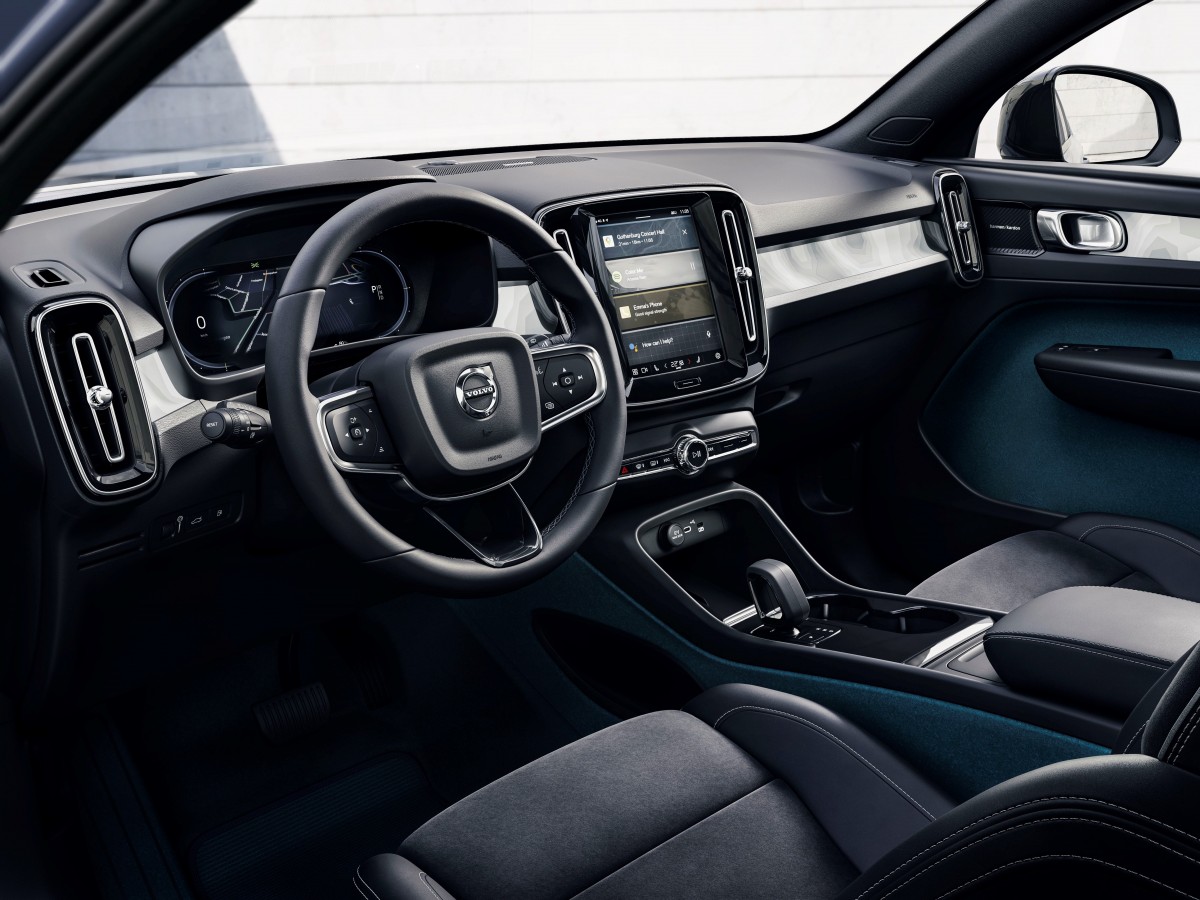

Volvo, the name synonymous with safety, announces a landmark stand in concern with its pure electric cars. The Swedish carmaker has confirmed to go leather-free in all its pure electric vehicles. This is a part of animal welfare ambition, thus taking an ethical stand. The company plans to put this into work starting from the new C40 Recharge. As per the plan, Volvo aims to become a full-electric carmaker by 2030. And going forward, all Volvo fully electric models will be completely leather-free. Volvo as a brand has always put ethics and safety as the top priority, and announcements like this further make its stand strong.
Currently, the brand is looking for ways to find high-quality and sustainable resources for the automotive industry. By 2025, Volvo aims to reach the 25 per cent mark in the material used by Volvo cars made of recycled and bio-based content. And by 2040, the company targets to revamp this number to 100 per cent. As part of its climate action plans, Volvo also wants its material suppliers to use 100 per cent renewable energy by 2025. According to studies, around 14 per cent of global greenhouse gas emission is linked to human activities related to livestock. This leather-free campaign motivated by the negative environmental impacts of cattle farming will significantly influence the automotive industry.
There are many alternatives to fulfil the objective. One of the better ways out is to use high-quality, sustainable materials made from bio-based and recycled sources. Nordico, which is currently being used as the new interior material, is the best example. This material has its base from recycled material such as PET bottles, bio-attributed material from sustainable forests in Sweden and Finland. Nordico will very soon make its debut in the upcoming Volvo’s range of products. Volvo will continue to source wool from suppliers that comply with the source responsibly. The company will keep track of the animal welfare in its wool supply chain to ensure animal welfare.